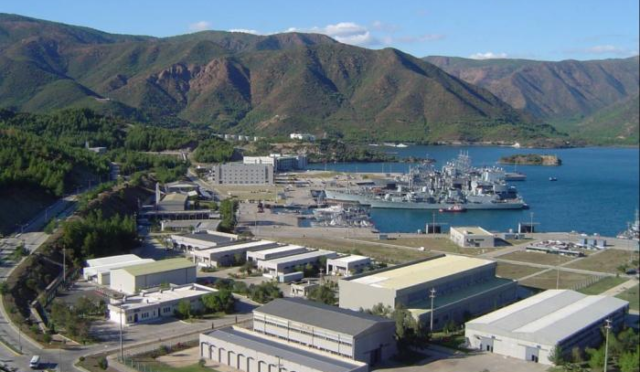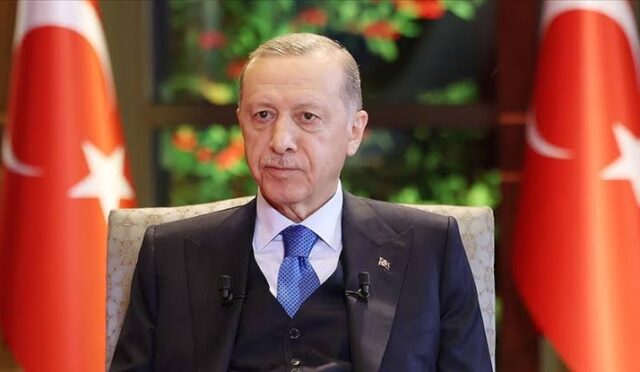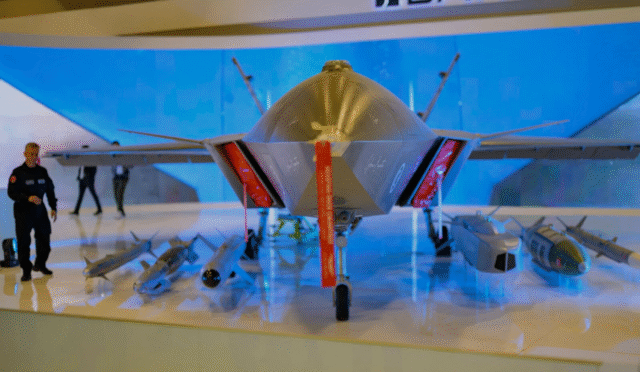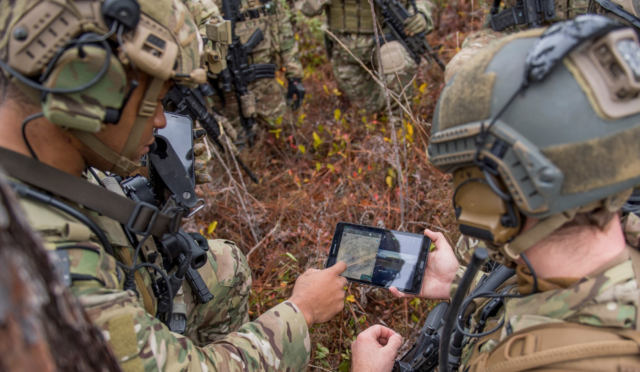Türkiye and Egypt are entering a new phase in their bilateral ties, with defense cooperation emerging as the cornerstone of renewed strategic engagement. A landmark agreement signed between HAVELSAN and Egypt’s Arab Organization for Industrialization (AOI) has paved the way for joint production of vertical take-off and landing (VTOL) unmanned aerial vehicles (UAVs) as well as unmanned ground vehicles (UGVs) at facilities in Egypt.
Experts underline that the deal carries not only industrial but also geopolitical weight, signaling a turning point in the Ankara–Cairo axis. Beyond its economic impact, the partnership is seen as a step that could contribute to regional stability in conflict-prone areas such as Gaza, Libya, Sudan, and Somalia, where the two countries have already coordinated policies.
Trade and Diplomacy Set the Groundwork
The agreement comes against the backdrop of rapidly improving ties between the two nations. In 2024, the presidents of Türkiye and Egypt exchanged official visits, and Turkish Foreign Minister Hakan Fidan made three trips to Cairo within a single year — clear indicators of political will to restore relations to a strategic level.
Economic cooperation has also mirrored this momentum. Bilateral trade volume reached a record $8.8 billion in 2024, underscoring the growing interdependence between the two economies.
KAAN Fighter Jet on Egypt’s Radar

According to Prof. Dr. İsmail Numan Telci of Sakarya University, military-to-military contacts have intensified in parallel with political rapprochement. He notes that Egypt has shown interest in Türkiye’s fifth-generation fighter project, the National Combat Aircraft KAAN, with ongoing discussions suggesting the possibility of Cairo’s involvement in the program.
Telci adds that the HAVELSAN–AOI deal is particularly significant as it includes technology transfer, enabling joint production of Turkish-designed autonomous aerial and land platforms on Egyptian soil.
Strategic Balancing in a Turbulent Region
Analysts point out that the Ankara–Cairo defense partnership must also be viewed through the lens of shifting regional dynamics. With instability deepening across the Middle East and North Africa, Egypt — which maintains one of the world’s largest armies — is in need of advanced defense technologies.
Telci argues that both Türkiye and Egypt face strategic risks from policies pursued by Western actors, particularly the United States, in the Middle East. Aligning their foreign and defense policies, therefore, serves the long-term interests of both nations.
“Egypt’s occasional frictions with Western partners, coupled with its security needs, push Cairo to diversify its defense ties,” Telci notes. “For Türkiye, working with a major regional power like Egypt not only lowers costs through shared projects but also strengthens its foothold in Middle Eastern and African defense markets.”
A New Chapter Ahead
As Türkiye seeks to establish itself as a leading global defense exporter, Egypt is emerging as a key partner. The HAVELSAN–AOI collaboration, along with potential cooperation on the KAAN fighter jet, illustrates how defense ties could shape the future of Ankara–Cairo relations.
With political trust improving, trade volumes rising, and defense industries intertwining, the Ankara–Cairo corridor appears set for a dynamic and strategically significant period in the years ahead.







